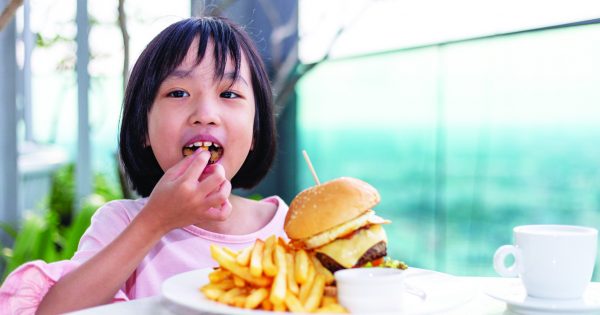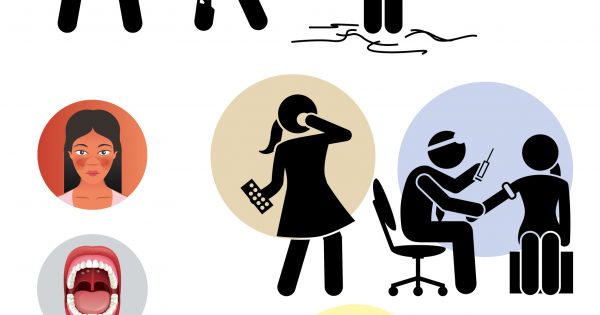Puzzled on why your breastfed baby is feeling poorly or suffering from an upset tummy? Well, the answer might just lie in what you are consuming as part of your daily diet. Especially in the first few months of your little one’s life, your baby is fully dependent on breast milk to fulfil their dietary needs.
During this time, you have to be mindful of what you eat (or drink); maintaining a balanced diet that meets your nutritional needs is important as the food that you have consumed will be “channelled” to your baby via your breast milk. As cliched as this may sound, adopting a proper and well-balanced diet is absolutely important.
In order to properly nourish your baby and you well, a large majority of foods can be eaten when you are breastfeeding. However, attention should be given to certain foods that may be detrimental for your baby’s health and development. The following are some drinks that you would want to be more cautious of taking during breastfeeding.
Changes in flavour
Some foods can influence the taste and content of your breast milk, so be on the alert for the types of foods that could cause your little one distress.
- Citrus fruits
- Seafood with high levels of mercury
- Food intolerance or allergies
Fruits with high vitamin C content such as lemon, lime, oranges, and grapefruit are acidic and may irritate your baby’s immature gastro-intestinal system and digestive tract. This can lead to irritability in your baby. Babies who are particularly sensitive to citrus in breast milk may develop diaper rash. Take other tropical fruits like mangoes, guava, apples etc.
Avoid consuming fish high in mercury especially shark, swordfish, king mackerel and tilefish. High levels of mercury will affect your baby’s brain and nervous system. Seafood choices that are low in mercury include shrimp, salmon, canned light tuna, and freshwater fish.
Be alert for signs of intolerance or allergies in your baby; he or she may have an upset stomach, have trouble sleeping, or develop hives, a rash, and eczema or wheezing. If your baby has any of these symptoms, try to limit your intake of milk and dairy products, wheat products and shellfish, and avoid peanuts and other nut products (the most common allergens in babies and children).
Avoid drinking alcohol immediately before breastfeeding. If you do drink alcohol, limit yourself to small amounts (half a glass or less); this minimises the amount secreted into your breast milk. Alcohol in breast milk can have undesirable effects on your baby and may lead to decreased milk-ejection reflex in nursing mothers. Alcohol used in cooking is generally safe for consumption as the actual alcohol content would have evaporated.
Caffeine Junkies, listen up! – caffeine can cause agitation in your baby and result in interference with his or her slumber. If you can, avoid caffeinated drinks as much as possible; watch out for drinks such as coffee, tea, soft drinks, energy drinks, and excessive amounts of chocolate drinks. This might be a good time to kick the caffeine habit, and you might want to consider taking this opportunity to switch to de-caffeinated coffee or tea?
Breastfeeding places a heavy demand on a mother’s body so it is essential to take extra care of your diet to ensure that both you and your baby receive a proper diet too. It may be worth keeping a food diary if your child seems to still develop severe reactions to your breast milk. Your baby is what you eat, so eat well to breastfeed well and this will help you to achieve the minimum of six months of exclusive breastfeeding to benefit both you and your baby.







Comments